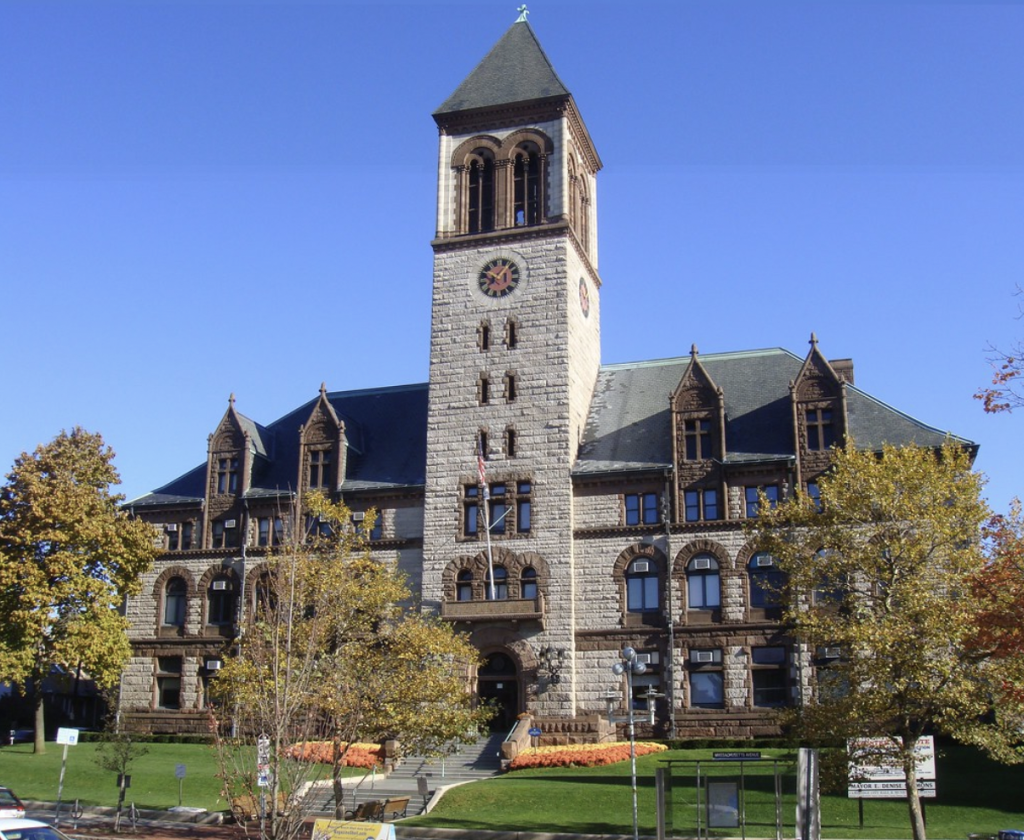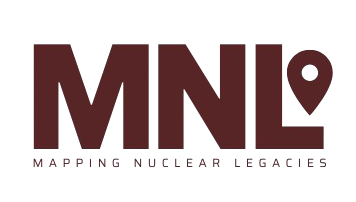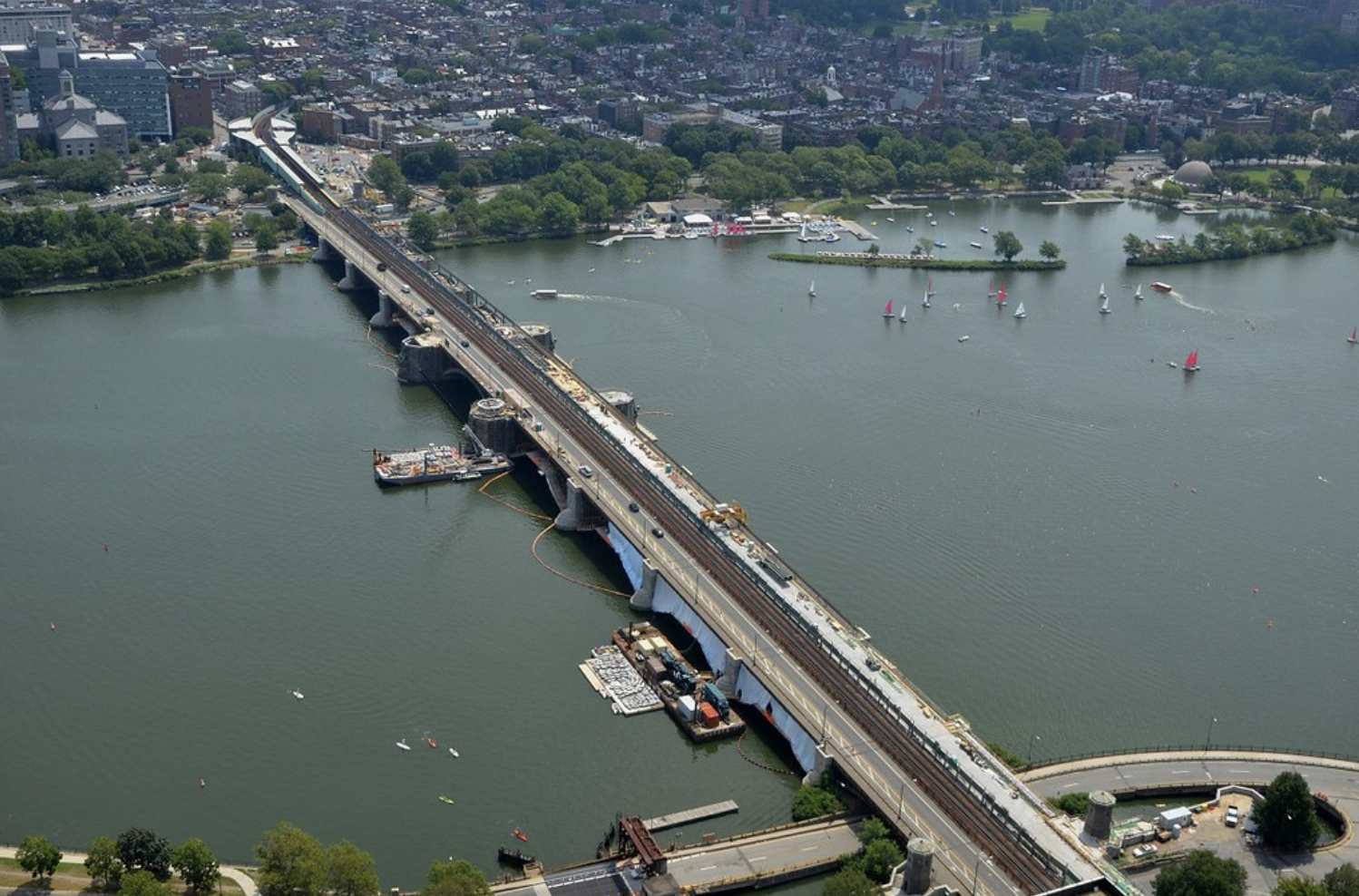Table of Contents
- Introduction
- News, and Other Relevant Links
- Related Organizations and Resources
- Featured Resolutions
Cambridge’s unique landscape, with both a substantial population of anti-nuclear activists and a center for nuclear development, has positioned the city as a leader in the anti-nuclear movement.
Cambridge has been a progressive hub of anti-nuclear activism since the inception of the anti-nuclear war movement. Cambridge is home to two notable universities: Harvard University and the Massachusetts Institute of Technology (MIT). These institutions have worked alongside Boston College, located in Chestnut Hill, Massachusetts, 4.5 miles from Cambridge, to advocate for anti-nuclear efforts in Cambridge. The three universities previously collaborated to generate a financial report on the City of Cambridge’s investments related to nuclear weapon production. In contrast to these university-driven anti-nuclear efforts, Cambridge is also home to Draper Labs, a strategic systems company contracted by the U.S. Navy to assist with mapping weapon trajectories for successful deployment. The city’s unique landscape, with both a substantial population of anti-nuclear activists and a center for nuclear development, has positioned Cambridge as a leader in the anti-nuclear movement.
In 1982, the Cambridge Commission on Nuclear Disarmament and Peace Education, more commonly known as the Cambridge Peace Commission, was formed from a group of citizens appointed by the City manager at the recommendation of the other committee members. This commission aimed to unite “municipal agencies, faith communities, nonprofit organizations, and concerned and engaged individuals” (see chapter 2.90 of the Cambridge Municipal Code) to create a safe and supportive peace-driven city. This commission first aimed to disseminate information on the threats of nuclear weapons and encourage bilateral nuclear disarmament between the US and the Soviet Union during the Cold War. Their work consisted of educational outreach, creating a resource library for disarmament education, fundraising, and developing policy recommendations. Over time, the commission has shifted focus to raising awareness of the nuclear threat in the post-Cold War era.
Cambridge is the birthplace of both the Women’s Action for Nuclear Disarmament (WAND) and the Future of Life Institute. WAND was founded in 1982 by Helen Caldicott under the name Women’s Party for Survival, aiming to bring women into the conversation about nuclear weapons. For example, the group developed the Disarm the Patriarchy Handbook to educate young women about nuclear policy and how they can get involved in reducing the threat of nuclear war. In 1991, the organization expanded its scope beyond nuclear weapons, rebranding as Women’s Action for New Directions, with a broader focus on the threat of military spending. They created the Women Legislators’ Lobby (WiLL) to unite female legislators across the political spectrum to build a community of women concerned about defense spending. At the 1999 WAND and WiLL conference, 13 young women formed Students Take Action for New Directions (STAND), a branch of WAND that encouraged young women to be politically active while connecting them with WAND and WiLL members. STAND became inactive in the early 2000s. WAND also developed the WAND Education Fund, which funded education through conferences and flyers. for both the public and policymakers on the organization’s core issues. Following financial challenges, the group transitioned to a volunteer-led model in 2022.
The Future of Life Institute was formed in 2014 as an initiative of MIT. The institute aims to discourage the development and testing of nuclear weapons, reduce the risk of nuclear winter, remove weapons from ‘hair trigger’ alert, and oppose efforts to incorporate artificial intelligence into nuclear weapon designs. Their advocacy work sparked a vote for a $1 billion divestment from nuclear weapons development in Cambridge. Upon investigation, the institute found that Cambridge was both directly and indirectly supporting the production of nuclear weapons through the Cambridge Retirement Board’s mutual fund investments. After a single email from the Future of Life Institute to Cambridge Mayor Denise Simmons, she swiftly drafted a bill expressing “opposition to investing funds from the Cambridge Retirement System in any activities that are involved in or support the production or upgrading of nuclear weapons systems” (see Policy Order #68). On March 21, 2016, the Cambridge City Council unanimously adopted the order. However, the Cambridge Retirement System responded, through a letter and at a follow-up city council meeting, that state-level regulation controls direct mutual fund investments for retirement boards, making it impossible for the Cambridge Retirement Board to implement the policy order. As there have been no state-level changes in response, the divestment was ultimately unsuccessful, but it reflects the desires and actions of the City of Cambridge.
On September 20, 2021, the Cambridge City Council adopted a resolution supporting Back from the Brink’s policy solutions to prevent nuclear war and the UN Treaty on the Prohibition of Nuclear Weapons (TPNW) via a unanimous city council vote.
News, and Other Relevant Links
Cambridge Divests $1 Billion From Nukes Following Grassroots Campaign
Future of Life Institute (2016)
Cambridge, MA unanimously adopts Back from the Brink resolution
Back from the Brink (2021)
Related Organizations and Resources
- Cambridge Peace Commission
- Future of Life Institute
- Women’s Action for Nuclear Disarmament
Featured Resolutions
Public Meeting Summaries
RESOLUTIONS
CAMBRIDGE COMMISSION ON NUCLEAR DISARMAMENT AND PEACE EDUCATION
1982
Chapter 2.90 of the Cambridge City Municipal Code created the Cambridge Commission of Nuclear Disarmament and Peace Education. The commission is made up of 20 Cambridge residents appointed by the city manager according to the recommendations of the preexisting council members, with one member elected as the Chairperson. These members must also be representative of both the socio-economic and racial demographics of the city. The purpose of the commission is to “Support the actions taken by the City Council to protect the citizens of Cambridge and lessen the danger of nuclear destruction to the City.” The council will do this by creating a resource library for disarmament education, create a nuclear disarmament curricula, educate the public on the City Council’s proposal for a twin city in the USSR, work to advance legislation that promotes nuclear disarmament, assist the Civil Defense Department of the City, determine the extent of the nuclear weapons industry in cambridge, make public statements, raise funds for their services.
RESOLUTIONS
Policy Order #68
MARCH 21, 2016
Policy Order #68 declares that the City of Cambridge’s retirement system will divest pension funds from companies that engage in nuclear weapon production, testing, upgrading, or development. To do this, the City Manager must work with the Cambridge Peace Commission as well as any other relevant city staff to organize an “informational forum” on the possibilities of divestment. After divestment is completed promptly, the City Manager will report back to the City Council.

Vice Mayor Marc C. McGovern: “We now move on to City Manager Agenda item number 32: a communication transmitted from Richard C. Rossi, City Manager, relative to Awaiting Report Item Number 16-22 regarding the opposition to investment funds from the retirement system. This was pulled by Councilor Carlone. Councilor Carlone.”
Councilor Dennis J. Carlone: “Hi everyone. I’m sure you didn’t want to come out tonight to talk about this, but my question is: do I understand that four and a half to five percent of our investments are with companies in the nuclear business? Did I read that correctly in the memo you prepared?”
Cambridge Retirement Board Chairperson Frank Murphy: “Yes. Sorry—before I answer that, I just want to identify myself to members of the City Council. Mr. Vice Mayor, I’m Frank Murphy, the chairman of the Retirement Board, and with me is Ellen Fillman, the Executive Director of the Cambridge Retirement System. As you know, the City of Cambridge has a retirement system, and we are one of the larger ones in the Commonwealth.
The Cambridge Retirement Board has $1.1 billion in assets and invests that money following the Massachusetts statutes governing pension system investment regulations. Our investment choices are overseen by the Public Retirement Administration Commission (PERAC). Public pension funds are prohibited from being invested in any single equity; instead, we must invest in mutual funds created for institutional investors. Our investments are diversified across all sectors.
After a review by Segal Rogers Casey, our investment advisor, we discovered that we do have a de minimis exposure to nuclear weapons manufacturers. Furthermore, as State Treasurer Deborah Goldberg stated several weeks ago, only the state legislature can establish regulations that prohibit specific investments for public pensions. Until such legislation is passed, our hands are tied.
In our meeting earlier today, the Board agreed to meet with the Future of Life Institute at our September monthly meeting and will listen to their suggestions regarding divestment. As for the Segal Rogers Casey report, it did identify that we have investments in certain funds that include 4 or 5 companies with ties to nuclear weapons manufacturing. These are well-known companies such as Honeywell and Northrop Grumman.
Those companies have a small portion of their research and investment directed toward nuclear arms manufacturing; the rest is devoted to products used in everyday life. As far as the specific amount of money, it could be as much as 4% of our entire investment portfolio, but again, that exposure comes through funds—not direct investments in those companies.”
Councilor Carlone: “Mr. Vice Mayor, do we have restrictions against tobacco?”
Chairperson Murphy: “Yes, we do. The state has set up a list of companies we cannot invest in, and the same could be done for other industries. But that has to be established at the state level through regulations.”
Councilor Carlone: “So first of all, this isn’t going to affect my retirement, is it? No, I’m joking. By me challenging you, you can just say no.”
Chairperson Murphy: “We hope that it doesn’t dramatically affect anybody’s retirement system or their pension.”
Councilor Carlone: “So what you’re saying is we have to talk to the state about it. You, in effect, have to work through the state. Therefore, if we’re going to change anything, we have to work through the state.”
Chairperson Murphy: “That is correct, Councilor.”
Councilor Carlone: “Thank you very much. I appreciate the information.”
Councilor Nadeem A. Mazen: “I think maybe I misunderstand what your authority is. You have no authority to make any investment decisions?”
Chairperson Murphy: “No. We can’t specify any particular companies to invest in or not invest in. What we do is we hire an investment manager for a specific area of investment—whether it’s large-cap, small-cap, or mid-cap. We give them the money and tell them they must invest in a group of equities that track an index, such as the NASDAQ 1000 or 2000.
They then buy stocks that mimic that index. Because we have to invest our money in a way that ensures returns, we use either a managed fund or an unmanaged fund. Managed funds try to outperform the index by picking and choosing some stocks, but the majority of holdings are close to the S&P 500, or whichever benchmark we select.”
Councilor Mazen: “I understand, and I read the part that says there’s no explicitly non-nuclear fund. But there are ethical funds. So you could take a broader ethical stand, make the same return, and just shift money away from a fund that includes Lockheed Martin or Honeywell—companies I do not consider consumer manufacturers but rather makers of war. I suspect this council finds those companies abhorrent across the board.
So I think you’re well within your rights, given by the state, to more insidiously invest away from those funds and toward similarly performing funds.”
Chairperson Murphy: “By statute, we invest with a manager for 5–7 years. We can’t typically let that manager go if they meet the requirement of matching or beating the index. We can’t tell them what to invest in specifically—we can only give broad guidance about the asset class (large-cap, small-cap, etc.).”
Councilor Mazen: “Like with any consultant, you can probably make clear what the will of the employer is. I understand what a blunt instrument that may be, but do you have a plan for changing the funds when the expiration arrives?”
Chairperson Murphy: “At the end of the 5 or 7 years, we issue an RFP. Companies that respond are evaluated based on track record, diversity, length of operation, fund size, etc. We select from those that meet expectations, and then they make the specific investment decisions.
Like all mutual funds, the holdings evolve—what you invest in today may look very different a year later. We cannot legally instruct them to avoid or include particular companies. That would be against state law.”
Councilor Mazen: “But you could tell them it needs to be an ethical portfolio. You’re not giving specific instructions, and the state doesn’t constrain you there.”
Chairperson Murphy: “We must remain diversified. Which means we can’t put all of our money into one type of fund, no matter how well-intentioned.”
Councilor Mazen: “I’m not saying ethics is an asset class. I’m saying that ethical considerations should preclude investments in warfare, which this council does not want. I think you’re understating your latitude here.”
Chairperson Murphy: “Our options are limited. Until there’s legislation from the state, like with tobacco, we cannot prohibit investments. For example, Honeywell may make devices for nuclear weapons, but that may represent only a small portion of the company’s total value, falling below state thresholds. With tobacco, the legislature provided explicit guidelines. We don’t have that for nuclear.”
Councilor Mazen: “Even though I understand, I still want more. I see what’s happening here, and I don’t appreciate it. I think you have more latitude. I understand how markets work and how funds work, and I don’t appreciate the narrow construction of your investment latitude.”
City Manager Richard C. Rossi: “May I try to clarify? The way state law is written, neither I nor the Council can instruct the Retirement Board to invest in a particular way. You can pass policy orders, I can make suggestions, and the Treasurer can weigh in—but ultimately the Board is autonomous under state law. They control their own budget and make their own decisions.
We can discuss whether that law should change, but for now, that’s the structure. I don’t think the Board is trying to be evasive—they take their job seriously. Years ago, the City inquired about this same issue, and it was made clear: the Retirement Board is autonomous under state law.”

